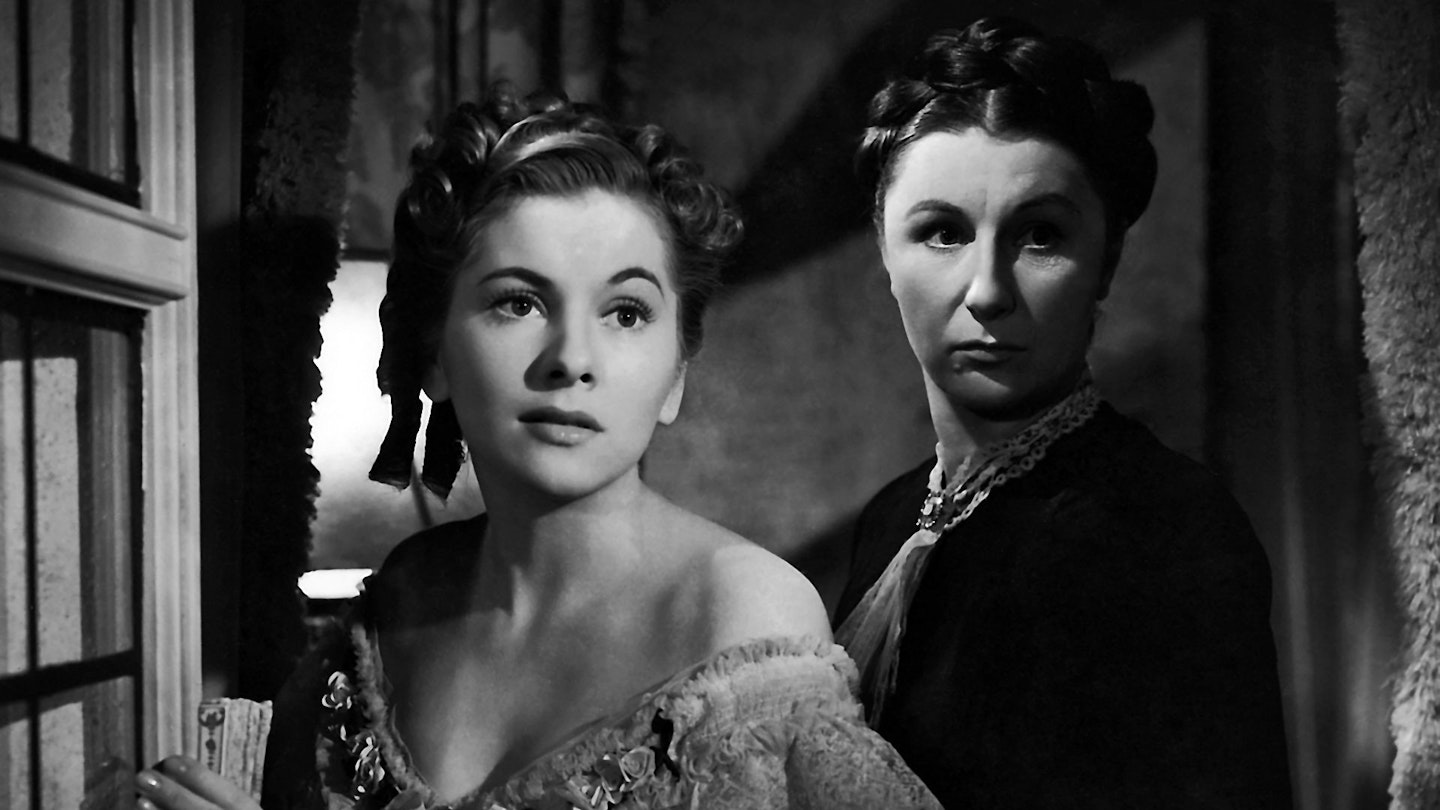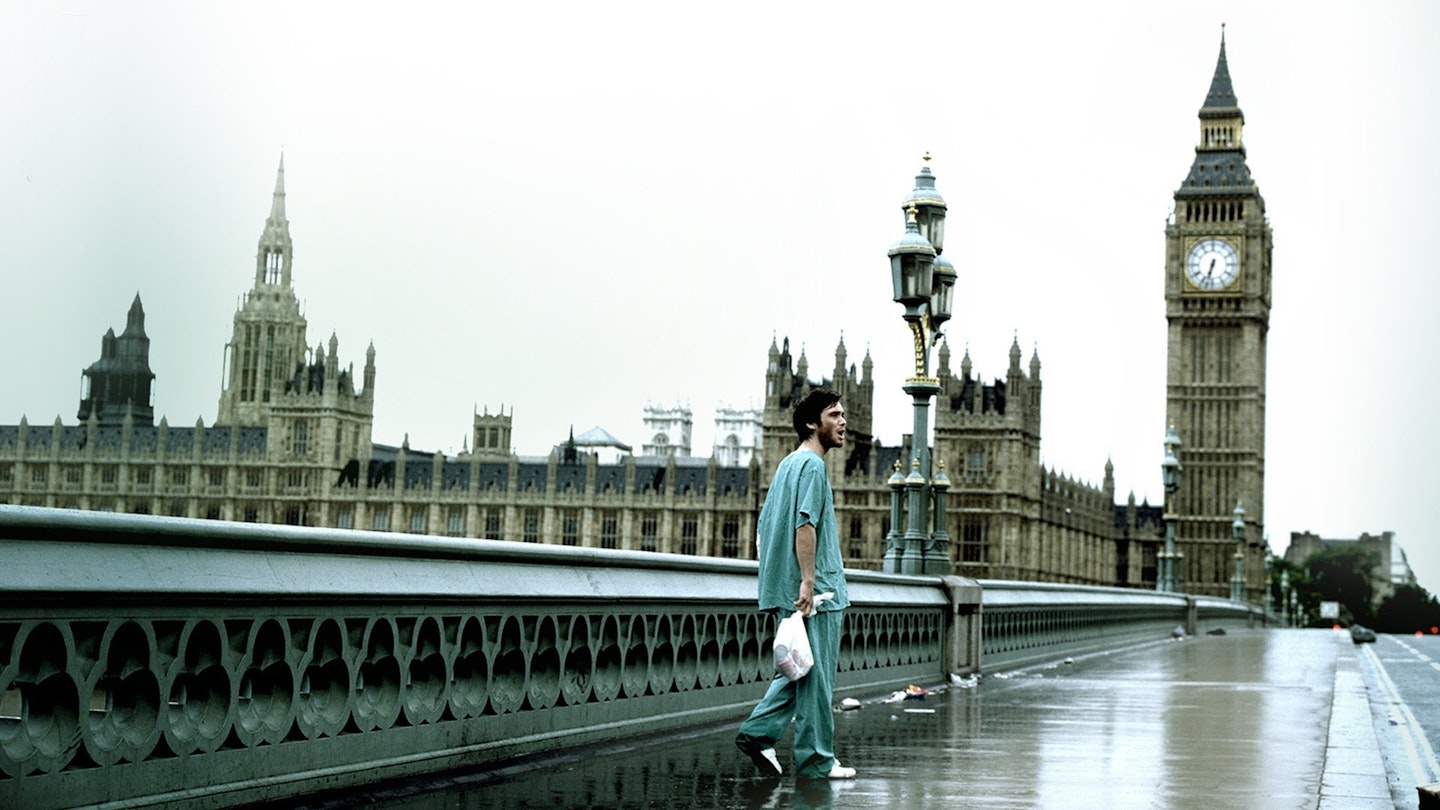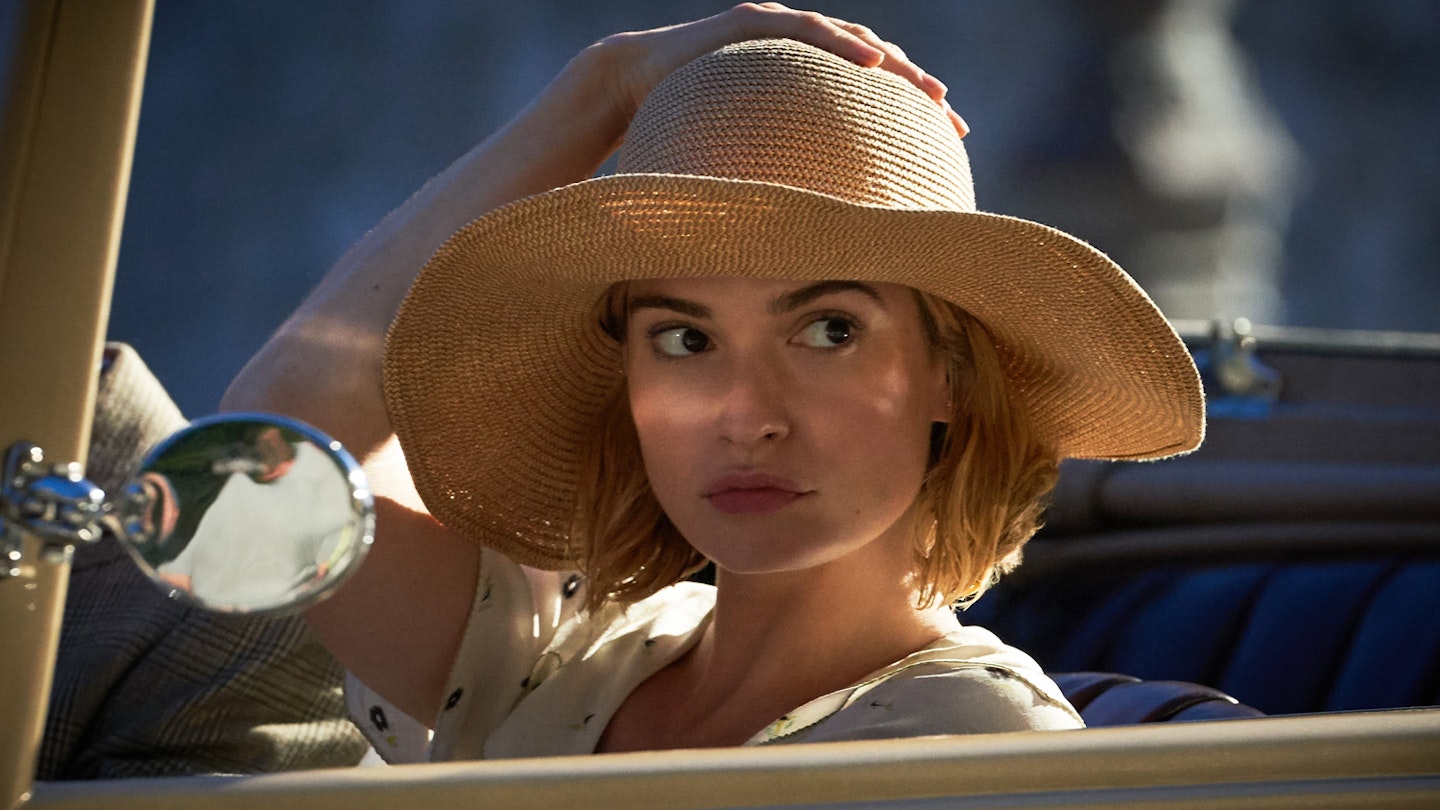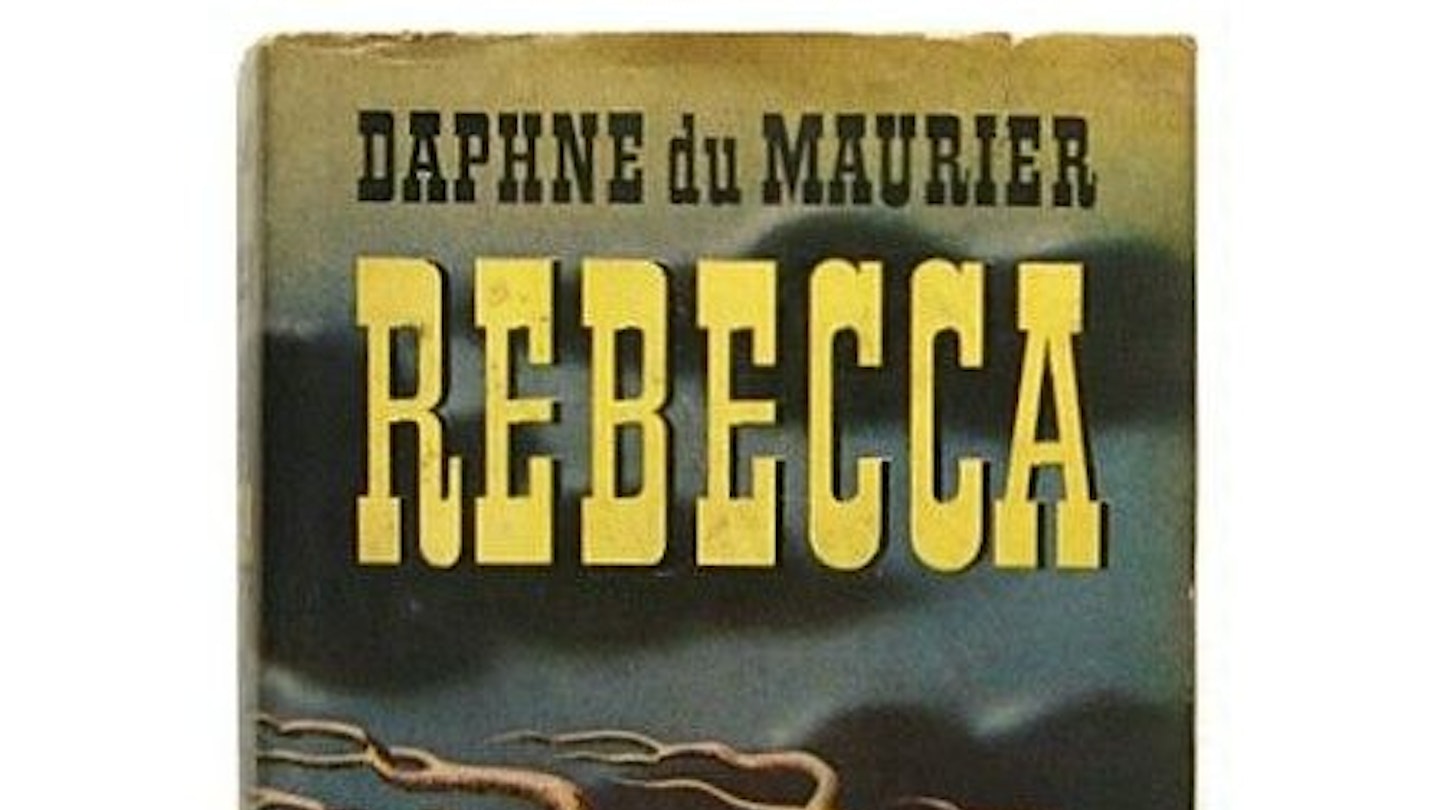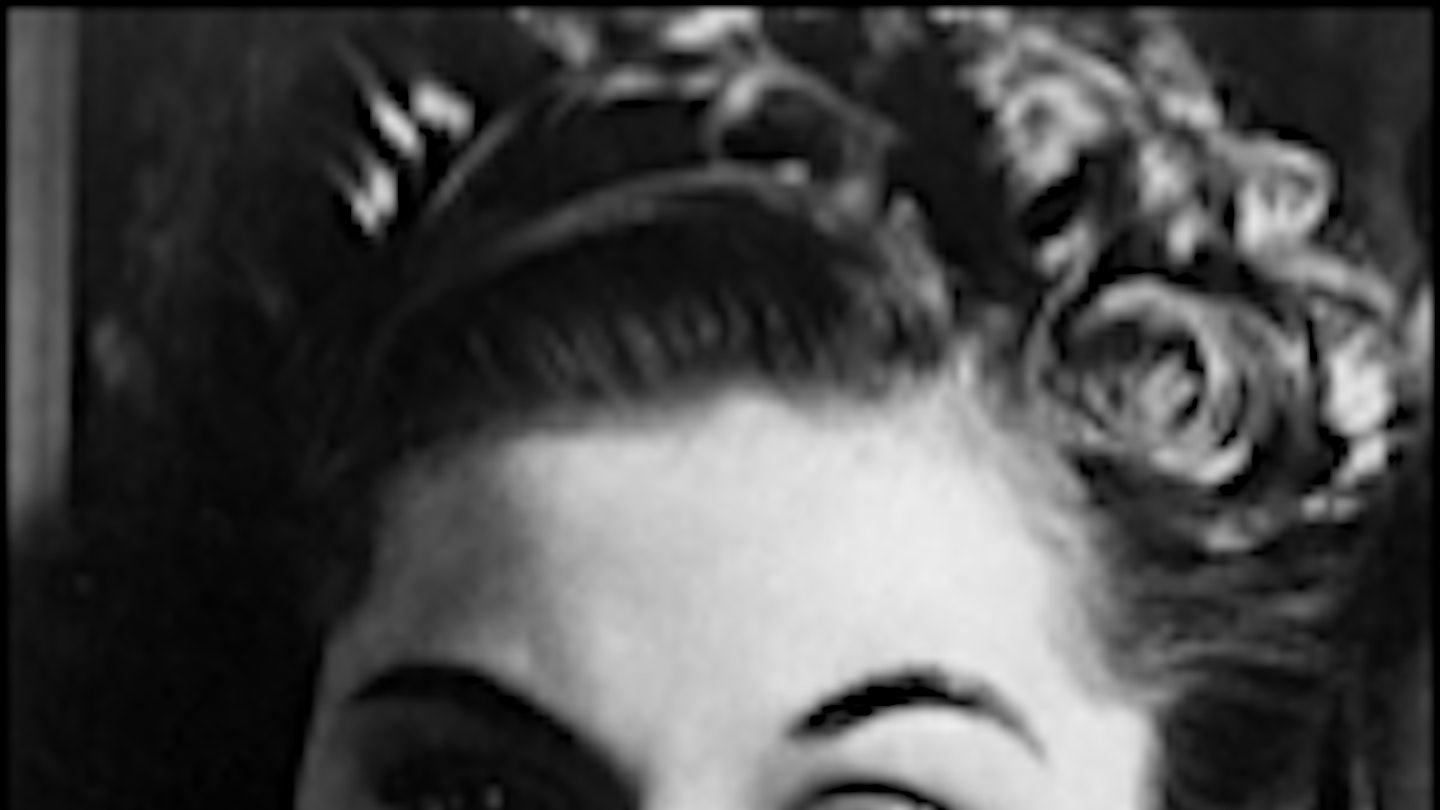One of the best-loved opening lines in film history, and indeed literature, ("Last night I dreamed I went to Manderley again...") starts Hitchcock's first American film.
Rebecca surges ahead of the Hitch pack. Light on actual suspense, free of murder, this is a remarkably un-Hitchcock Hitchcock. Its most striking elements at the cinema are the performances of Olivier and Fontaine. Olivier, particularly, as Max de Winter is charming and leonine, haunted by memory and damned by his past. Fontaine is properly mousy and Lady Di-like. And in glorious, big screen black-and-white Judith Anderson's housekeeper is one of cinema's most chilling and compelling characters. Seeming to glide from room to room, Mrs. Danvers is the dark hostess of Manderley.
The first Mrs. de Winter, the eponymous Rebecca, is never seen, but seems to overshadow the lovers - Hitchcock lingers on embroidered initials and monogrammed address books. As with all the best Hitchcocks, the supporting cast has as much fun as the principals - George Sanders as the slimy Jack Favell is a graduate with dishonour of the Academy of Caddery, Nigel Bruce puffs and blusters, while C. Aubrey Smith is as inflexible as The Rock of Gibraltar.
While 1940's Rebecca may lack the high wire mastery of Hitchcock's later work (the subverted cosiness of Shadow Of A Doubt, the shock tactics of Psycho), as an example of old-fashioned filmmaking, it is a masterpiece.
